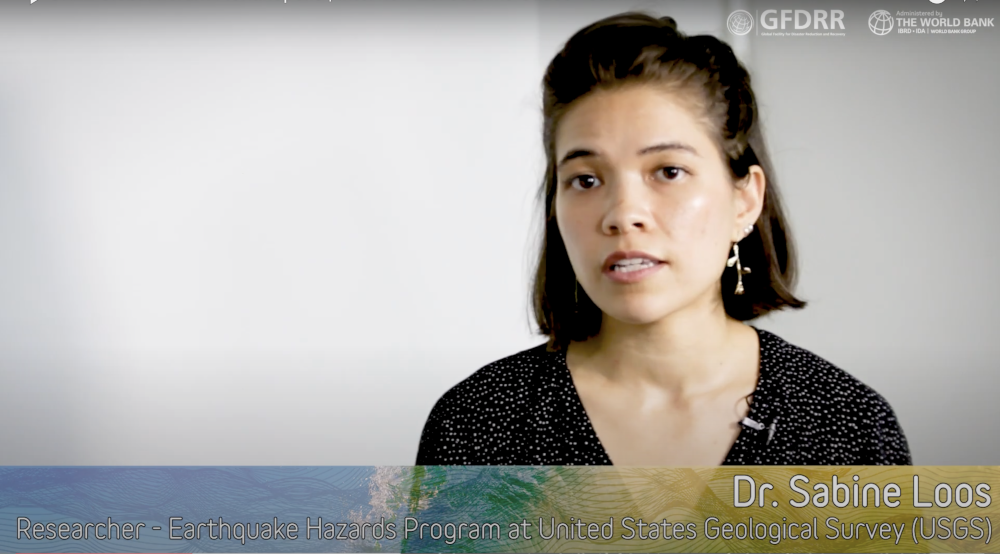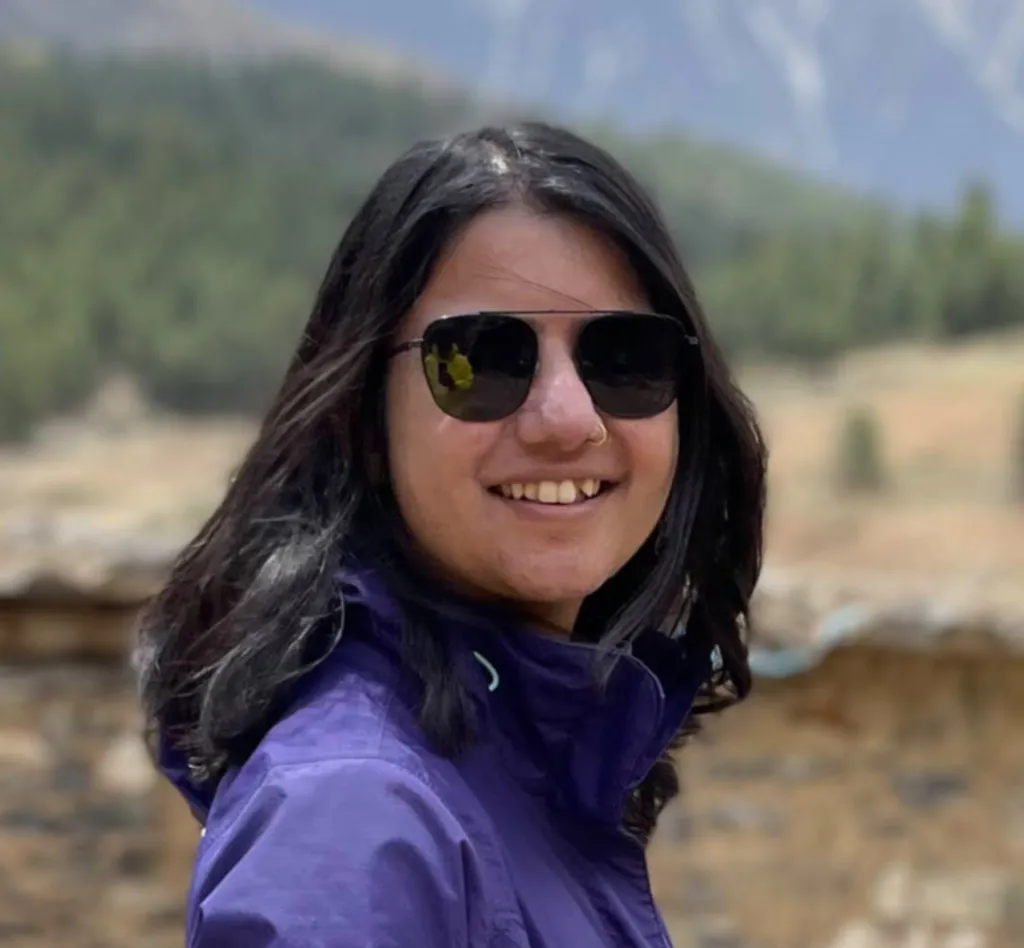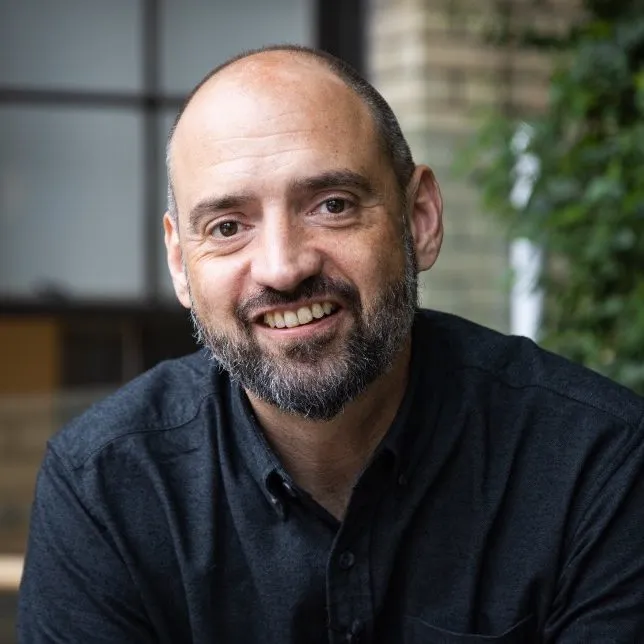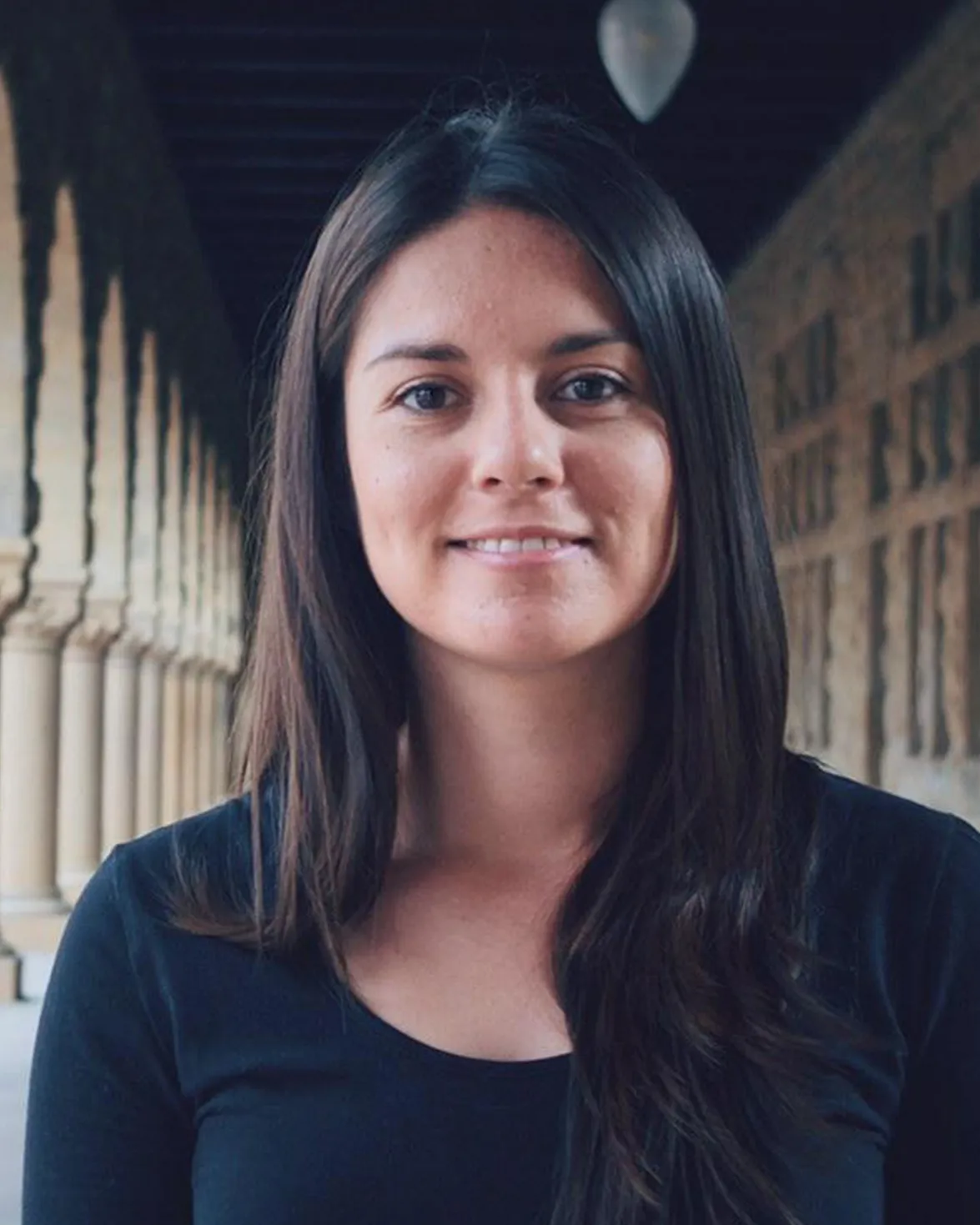
Sabine Loos leading a Working Group Session at Understanding Risk 2022 in Florianopolis, Brazil.
Countless events have shown that marginalized groups are disproportionately impacted by disasters, however, traditional disaster risk modeling frameworks do not explicitly consider such disparities. This can lead to interventions that are poorly targeted or, worse, deepen existing inequalities.
This research examines emerging approaches toward the development of equity-aware risk models—or risk models that acknowledge and illuminate disparities in risk between gender, racial groups, age, or other sociodemographic groups. These approaches range from integrated models of social vulnerability and risk to alternative metrics of disaster impact.
Social Equity and Risk Assessment Working Group
AIDD Labs and the Toronto Climate Observatory, in partnership with the World Bank GFDRR (Global Facility for Disaster Reduction and Recovery), are leading a working group of practitioners in disaster risk assessment and management to develop a consensus around approaches to integrating social equity into risk assessment.
Details
The Working Group consists of 10 total meetings that are 1.5 hours each, where members will discuss topics of social equity, distributive justice, equity-aware risk assessment methods, data collection, and how to operationalize these methods. Meetings will all be held via Zoom.
Working Group discussions will lead to a Technical Guidance Note on “Integrating Social Equity into Disaster Risk Assessment and Management.”
Consistent attendance of the Working Group meetings is strongly encouraged, but not required. Contribution to the Technical Guidance Note is open to those who participate consistently.
If you are part of the Working Group, below are details (members only pages):
Project content
Despite research demonstrating the disproportionate effects of disasters on vulnerable groups, current risk modeling approaches lack robust methods to account for such equity concerns. Consequently, efforts to develop evidence-based disaster risk management interventions may lack awareness of differential risks in the settings where they are applied. Here, we draw on the relevant literature to develop a typology for characterizing current approaches to incorporating equity into risk modeling.
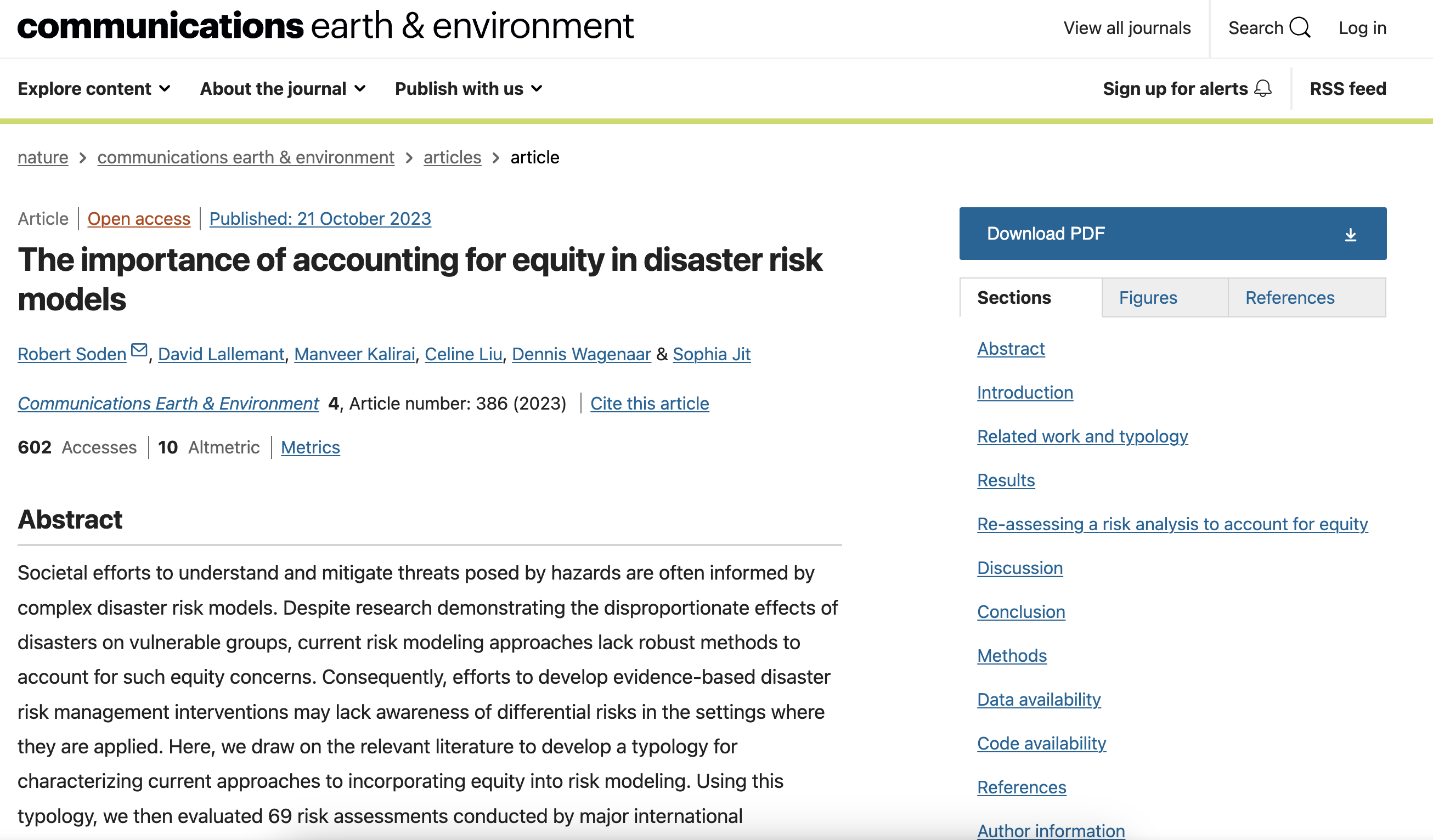
The importance of accounting for equity in disaster risk models
In this paper, we draw on postcolonial, decolonial, and anti-colonial theory and a case study of a multi-hazard disaster and climate risk assessment project conducted in Nepal to examine a potential limit of contemporary environmental data practices – the potential to extend or reinforce colonial knowledge systems and extractive relationship to land.
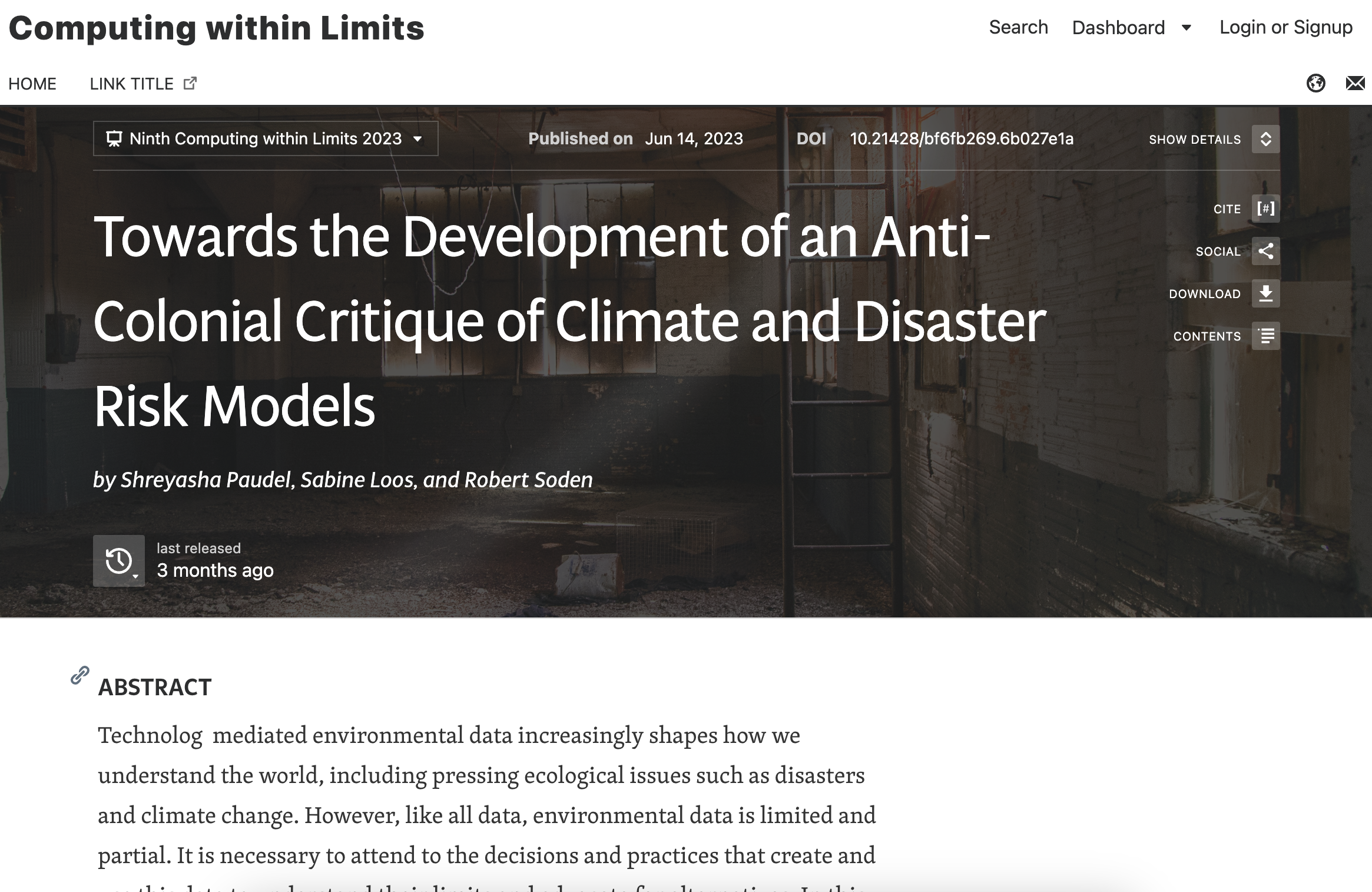
Towards the Development of an Anti-Colonial Critique of Climate and Disaster Risk Models
An overview of integrating social equity into risk modeling.
